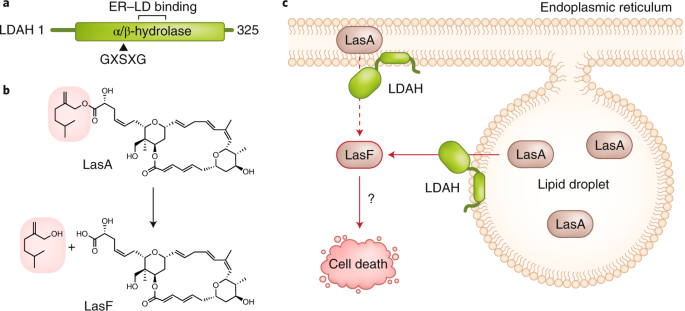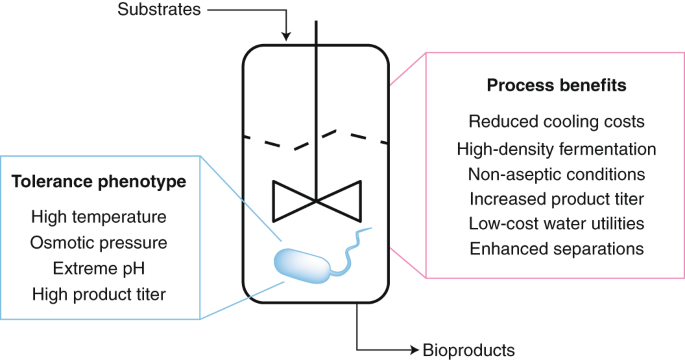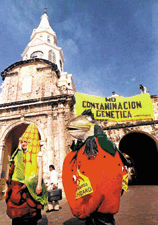
- Select a language for the TTS:
- UK English Female
- UK English Male
- US English Female
- US English Male
- Australian Female
- Australian Male
- Language selected: (auto detect) - EN
Play all audios:
Access through your institution Buy or subscribe Fungal infections such as aspergillosis and candidiasis are a serious threat to immunocompromised individuals and have high mortality rates,
even when patients are treated with antifungal drugs, thereby highlighting the pressing need for an effective vaccine. Because β-glucans, a polysaccharide component of fungal cell walls, are
essential for fungal viability, they are not expected to mutate readily. So, to develop an immunogen that is likely to induce a β-glucan-specific immune response, Torosantucci _et al_.
linked laminarin, a well-characterized but weakly immunogenic β-glucan from the brown alga _Laminaria digitata_, to diphtheria toxoid CRM197, a highly immunogenic protein carrier that is a
component of some current human vaccines. Treatment of mice with this conjugate (Lam–CRM) before lethal systemic challenge with _C. albicans_ was protective, in terms of both median survival
time and overall mortality. Protection was associated with the presence of β-glucan-specific antibodies, and when transferred to naive animals, these antibodies markedly reduced the fungal
burden in the kidneys of recipients that were subsequently challenged with _C. albicans_. Similarly, prophylactic treatment of rats with Lam–CRM protected them from disease in a rat model of
vaginal candidiasis, and vaginal fluid from immunized rats transferred protection to non-immunized animals in a β-glucan-specific-antibody-dependent manner. Importantly, initial studies
also showed that Lam–CRM protects mice against a lethal systemic challenge with another major human fungal pathogen, _A. fumigatus_. The β-glucan-specific antibodies were shown to bind the
hyphae and germ tubes of _C. albicans_ and the hyphal threads of _A. fumigatus_ and to inhibit fungal growth, providing one potential mechanism by which these antibodies can protect against
fungal infection. This is a preview of subscription content, access via your institution ACCESS OPTIONS Access through your institution Subscribe to this journal Receive 12 print issues and
online access $209.00 per year only $17.42 per issue Learn more Buy this article * Purchase on SpringerLink * Instant access to full article PDF Buy now Prices may be subject to local taxes
which are calculated during checkout ADDITIONAL ACCESS OPTIONS: * Log in * Learn about institutional subscriptions * Read our FAQs * Contact customer support ORIGINAL RESEARCH PAPER *
Torosantucci, A. et al. A novel glyco-conjugate vaccine against fungal pathogens. _J. Exp. Med._ 202, 597–606 (2005) Article CAS Google Scholar Download references Authors * Karen Honey
View author publications You can also search for this author inPubMed Google Scholar RIGHTS AND PERMISSIONS Reprints and permissions ABOUT THIS ARTICLE CITE THIS ARTICLE Honey, K. β-Glucan
conjugate provides protection. _Nat Rev Immunol_ 5, 746 (2005). https://doi.org/10.1038/nri1716 Download citation * Published: 20 September 2005 * Issue Date: 01 October 2005 * DOI:
https://doi.org/10.1038/nri1716 SHARE THIS ARTICLE Anyone you share the following link with will be able to read this content: Get shareable link Sorry, a shareable link is not currently
available for this article. Copy to clipboard Provided by the Springer Nature SharedIt content-sharing initiative





.jpg)

